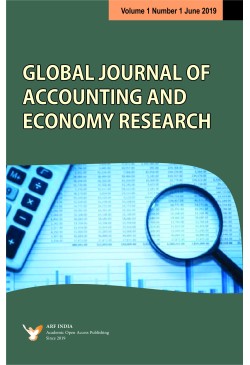The issue of organisational insolvency is very important to the economies of all countries, and it is especially important in light of unforeseen events like the COVID-19 pandemic that broke out in 2020. For bankruptcy forecasting, the creation of statistical models for predicting insolvency is essential, and many models have been presented and assessed for the widest range of circumstances. Using data from 2017, 2018, and 2019, this study applies the logistic regression model, along with its ridge and lasso variations, to Portuguese SMEs in the textile industry and examines how well each model predicts the viability of the companies in 2020. The results show comparable forecasting abilities when using 2019 data; however, whereas the predictions for the conventional logistic regression model deteriorate as the distance to 2020 increases, for the other two models, they are comparable when using 2018 data and improve when using 2017 data, which was unexpected. Additional research is required to discover whether this propensity remains in other circumstances when unexpected occurrences, like the COVID-19 outbreak, have not occurred. This behaviour may, at least in part, be a result of the COVID-19 epidemic.
Keywords: bankruptcy, prediction models, logistic regression, ridge regression, lasso
Vera Rabaça, José M. Pereira and Mário Basto (2023). Logit Ridge and Lasso in Predicting Business Failure. Global Journal of Accounting and Economy Research,
Vol. 4, No. 1, 2023, pp. 33-46.
